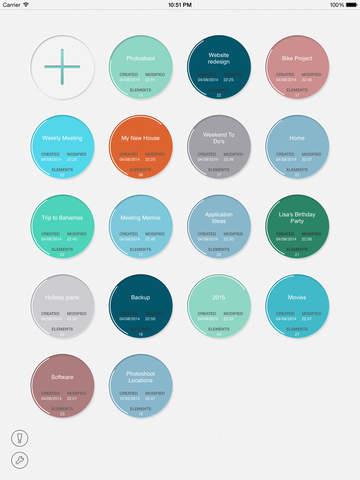
HARDLY MINDLY ENDLESSLY LICENSE
But that doesn’t necessarily give artists license to make flawed content infinitely, immune to critique. No single story needs to be representative of an entire population, and creators have the right to tell their own messy, authentic stories. Unfortunately, this means that the themes and tropes that run through her work also make the negative stereotyping also seem ubiquitous. But her work is almost ubiquitous when it comes to comedic portrayals of brown women, which is a double-edged sword. Personally, I enjoy a lot of what Kaling creates - she’s a brilliant writer, and I’ve enjoyed her books and some of her work onscreen. Many of these women, like Devi and Bela, also often show outright confidence. Her current work, like Never Have I Ever, often provides nuanced and positive portrayals of South Asian women too, platforming many brown women in varied roles. We might not have the luxury of the current brown girl renaissance without the steps she took.

She’s played a massive role in advancing representation of brown women in Hollywood, and credit needs to be given where it’s due. It’s undeniable that Kaling is an integral part of the conversation surrounding portrayals of brown women onscreen: Writing for The Office, creating The Mindy Project, writing and starring in Late Night, co-creating and writing for both Never Have I Ever and The Sex Lives of College Girls, and executive producing and starring in Velma.

Critique of the racist trope was quickly subsumed by discourse about the show’s writing and a pile-on of backlash solely directed at Mindy Kaling, who executive produced the show and plays Velma (though, notably, she’s not the showrunner and didn’t write any episodes that have aired so far). But it also seemed like people universally disliked the show. Clips quickly circulated, and it became clear that the South Asian community is unimpressed with this recurring joke.

Hours after Velma’s release, the internet was ablaze.


 0 kommentar(er)
0 kommentar(er)
